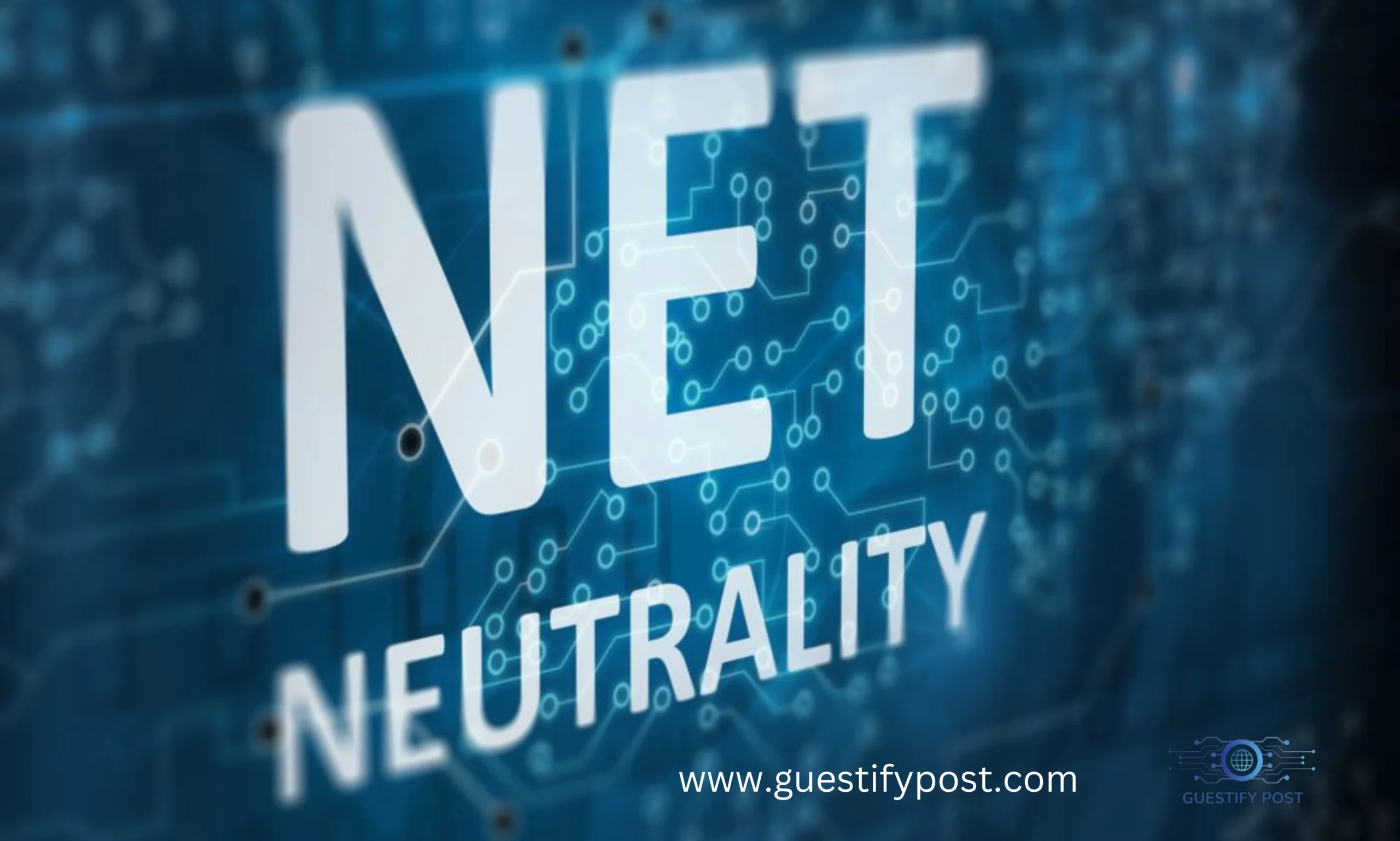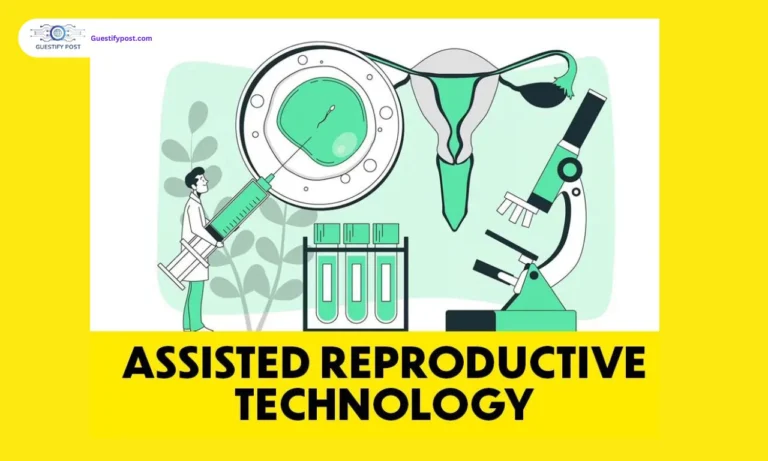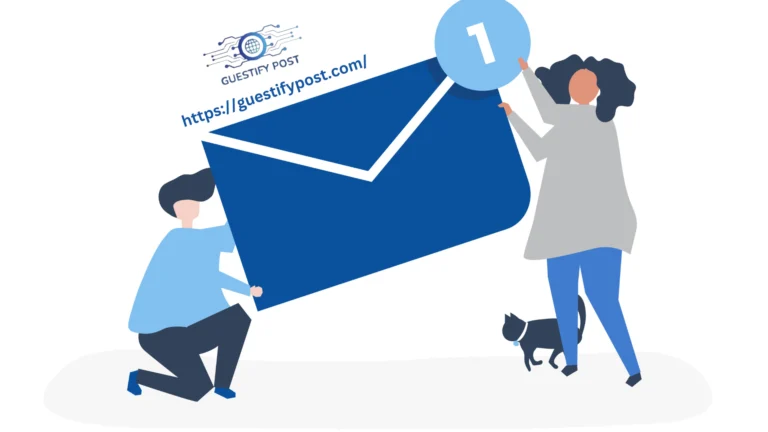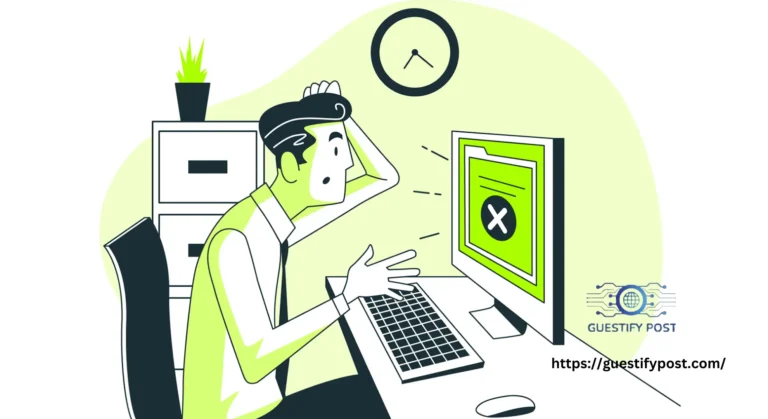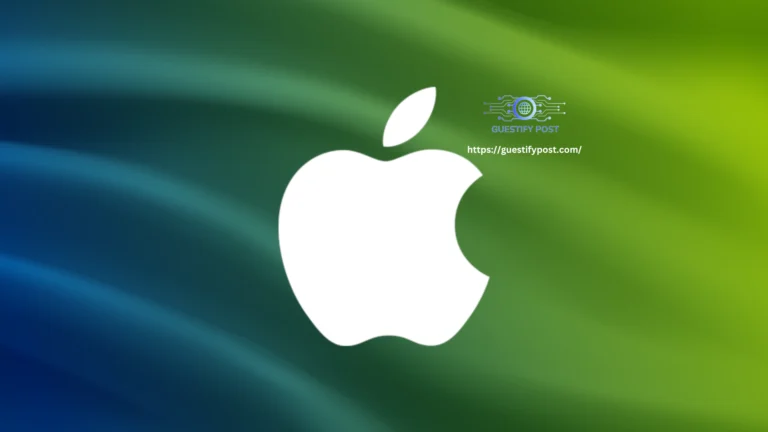Net Neutrality Rant That Rocked FCC’s Website
In the digital age, the net neutrality rant has come to prominence as a key topic that has shaped access to information and freedom. The Net Morality Rant That Rocked the FCC’s Website was founded on this idea, which proposes treating all internet traffic alike.
The argument over net neutrality has grown as the internet grows more and more a crucial component of modern life, with significant consequences for governments, businesses, and individuals.
The Importance of Silence in the World Wide Web Age:
Net neutrality is an essential ideal that supports the openness and integration of the Internet, not just an academic concept. Online efficiency, creativity, and free speech are promoted by net neutrality, which provides that all data gets handled equally without regard to its source or value. ISPs will potentially interfere with specific types of internet traffic in the absence of net neutrality laws, which would stifle creativity and limit access to information.
The Origins and Evolution of Net Neutrality Rant:
Concerns about the potential of discrimination and manipulation by ISPs gave rise to the theory of net neutrality. The Internet initially emerged as a decentralized network with uncontrolled possession of information. ISPs, however, aimed to have more control over internet usage as it got more and more industrialized. Regulations commonly referred to as “Net Neutrality” were set in place to prevent ISPs from controlling or prohibiting access to various websites or services as it could be biased opposed them.
Net Neutrality Rant Regulations:
To prevent harm to the open internet, administrations from all over the world adopted several Net Neutrality laws over time. These rules mainly forbid ISPs from impeding or restricting access to content that is acceptable and prescribe that they handle all internet traffic equally. Unfortunately, nations apply the rules differently, sparking ongoing discussions on the best ways to preserve net neutrality.
Challenges to Net Neutrality:
While there’s strong support for net neutrality, major vested interests create significant barriers to the idea. Telecom and ISP organizations have taken action against Net Neutrality laws, asserting that they stifle creativity and capital investment. Addressing the possibility of regulatory excesses, several legislators are also questioning the wisdom of governmental involvement in Internet regulation.
The Net Neutrality Rant and Public Response:
The turning point that occurred in the drive for net neutrality was the censorship Rant That Rocked the FCC’s Website. Millions of comments submerged the Federal Broadcasting Commission’s website in 2017, exceeding its servers and leading to suspicion of manipulation as the agency explored doing away with Net Neutrality stipulations. This astonishing reaction demonstrated how passionately worried the public is about Net Neutrality and how grassroots something might affect digital policy.
The Economic Impact of Net Neutrality:
Important economic effects of net neutrality also exist, especially for startups and entrepreneurs. Without Net Neutrality, ISPs could charge entrepreneurs more for faster access, hindering entry and reducing competition. Net neutrality guarantees businesses of all sizes a fair opportunity, fostering creativity and innovation in the digital sector.
The Challenge for Net Neutrality:
The current dispute over net neutrality begs concerns concerning the internet’s sustainable future. Will senators implement adequate Net Neutrality safeguards to maintain the Internet’s accessibility and inclusivity? Will the interests of business and market priorities drive the digital landscape, or will neoliberal forces win out? Stakeholders need accurate discussions on online privacy’s future, as decisions profoundly affect future internet generations.
Conclusion:
Upholding democratic and open Internet principles is crucial, as shown by the FCC website’s Net Neutrality Rant. In an era of vital information access, net neutrality guards against corporate control, inequality, and censorship. As we navigate the digital realm, let’s heed Net Neutrality advocates’ words for a democratic internet future.

